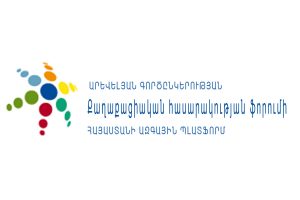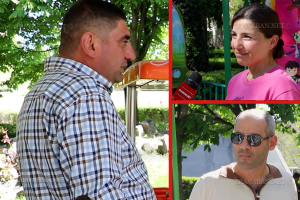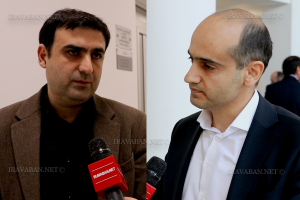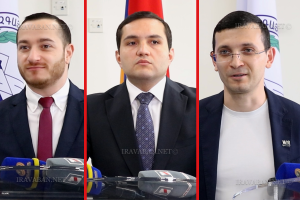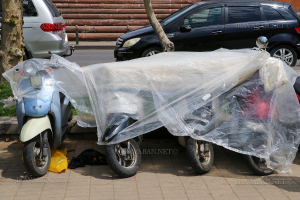Today, on 19 June, a meeting-discussion on the concept of “Amicus Curiae” institute and the possibility of its implementation in Armenia was held within the scope of the EU-funded “Commitment to Constructive Dialogue” project. The representatives of judicial bodies and civil society, as well as experts attended the event.
Mr. Narek Yenokyan, Lawyer/Expert of the Project presented the “Amicus Curiae” institute in the judicial practice. He noted that it has two objectives: first, to help the court to take a more democratic and acceptable act for the public, when discussing a major or controversial issue of concern for the public. And second, to provide a wide range of involvement of the public in the court proceedings and utilize the potential of the specialized agencies in the judicial processes, to assist the court.
Narek Yenokyan spoke about the role of the human rights defender as amicus curiae and presented the international practice. Ms Vanuhi Paytyan, from the Human Rights Defender’s Officer of the RA, stated that the Defender has no right to intervene in the proceedings and only has the right to appeal to the Constitutional Court of the Republic of Armenia on the compliance of the laws with the fundamental human and civil rights and freedoms.
Ms Meri Harutyunyan, Lawyer/Expert of the Project, spoke about the role of non-governmental organizations as amicus curiae, and presented the international practice. During the discussion, the employee of the Judicial Department of the Republic of Armenia Ms Margarit Amyan raised the question whether there are practical examples when a non-governmental organization has acted as an amicus curiae.
Mary Harutyunyan presented that the Open Society Justice Initiative and the Moscow Media Law and Policy Institute (MMLPI) had provided legal conclusions regarding the issue that the case Tatyana Romanenko v. Russia was subject of the ECHR examination. Moreover, these observations include judicial practice of the United States, the United Kingdom, France, and India.
As a result of the discussion, a number of observations and recommendations were made about the positive and negative aspects of the institution that will be systematized and become subject to further discussions, the current obstacles to the institutionalization will be clarified and steps to address them will be taken.



